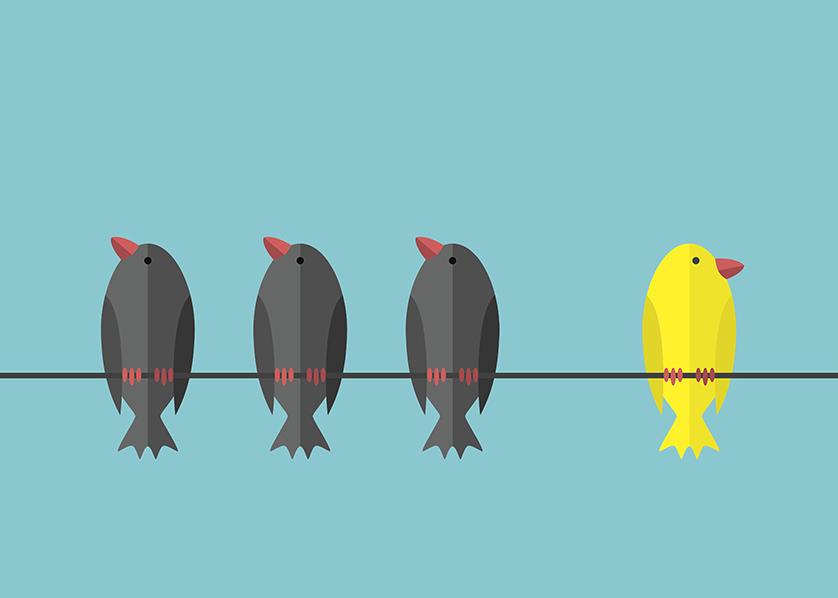Self-Knowledge: Overcoming Your Blind Spots

Thoughts from “The Next Rules of Work” (August 2021, Kogan Page)
Imagine that the day you were born, the nurse comes to your parents and says, “Here’s your amazing child. And here’s the User Manual. Here’s what your child will be good at. The kinds of problems they’ll be able to solve best. The kinds of people who will help them do their best work. The working conditions under which they’ll do their best work.”
When you buy a Digital Distraction Device (AKA cellphone), you get a user manual. It tells you what the device can do and can’t do. Why isn’t there a User Manual of You? Instead, you had to figure all those things out. On your own.
How did you do that? Trial and error. We don’t call it “trial and success.” You need to make mistakes. You touch the stove, the stove is hot, don’t touch it again. (Okay, I touched it several times. But I was a slow learner.)
As humans, we are trial and error machines. We continually try to solve a range of problems, from tying our shoes to navigating complex social landscapes. And to solve those problems, we use our skills.
The problem, though, is that we are mostly blind to our own skills.
In Thinking Fast and Slow, psychologist Dan Kahnemann quite rightly points out that we are “blind to our own blindnesses.” That is, we don’t even know what we don’t know. This seems to be true of certain kinds of skills, and especially those skills that come naturally to us.
Our self-perceptions matter, because we make work-related decisions in part based on our skills and experiences, and how well (or poorly) we believe are our abilities to solve problems. If you think you’re a bad singer, you’re likely to avoid singing in public, which would give you the kind of experience you need to become a better singer.
Psychologists have offered us a variety of ways to look at the dynamics of self-awareness. One of my favorite is The Johari Window, developed in 1955 by psychologists Harrington Ingham and Joseph Luft, to show the interaction between our own self-image and self-awareness, and how others see us.
Luft and Ingham said that there are characteristics that are known to us about ourselves, and that we don’t know. And there are things others know about us, and things they don’t know. Here’s how they visualized those intersections.
Your “blind spot” is a set of traits or behaviors that others see, but you don’t. Of course, we all have blind spots, and perhaps our blind spots color our perceptions of others’ blind spots. But generally, if a number of your friends tell you that you’re good at something… well, you probably are.
That’s why self-inventory of our skills is so important. That’s why we ask you to do self-inventory with the card sort at eParachute.com, and why we spend so much time on self-inventory in the new version of the “What Color Is Your Parachute?” career planning course (often called The Flower Exercise.)
Add a comment
Please sign up with eParachute to comment